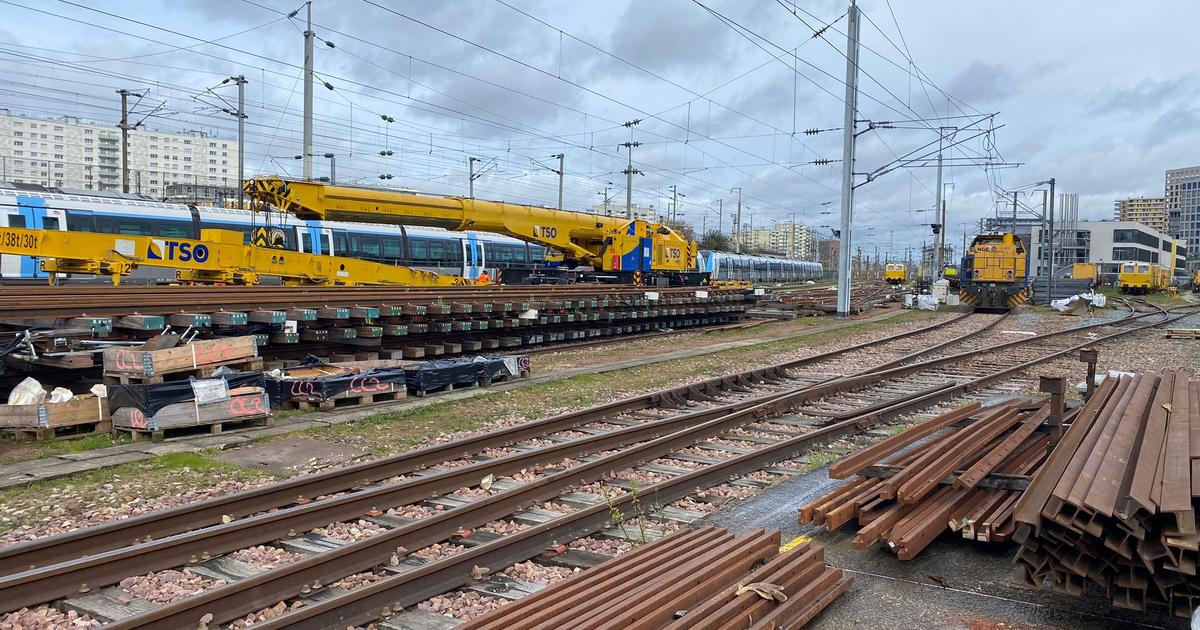The Twitter account for line 1 announced that traffic was interrupted between Charles de Gaulle-Etoile and Esplanade de la Défense. An “operational incident” is a generic term used in passenger information at the start of an incident.
The breakdown on the installations concerns malfunctions in the infrastructure or incidents external to the network manager. The most common, signaling failure, forces the driver to stop the movement of his train. A wait which may be due to regulatory measures of other carriers on the same infrastructure, other late trains, or even travelers who hold back the doors is also known as a “network access authorization” (NAC) incident. It is sometimes difficult to see clearly when you don't master the technical language of public transport. Small practical dictionary to understand everything about the hazards.. The glossary to see things more clearly: “An 'incident' can refer to any type of incident: emergency braking, serious passenger accident, suspicious package... The number of suspicious packages has increased from 624 per year in 2019 to 2,269 in 2023. People on the tracks are a very present scourge on certain lines, such as line 12 of the metro. Weather conditions can damage the tracks and are sometimes responsible for "catenary incidents" When work carried out by infrastructure managers lasts longer than expected, this is seen as an "external cause" and a way for rail transport companies to free themselves from the inconveniences suffered. If the consequences of climatic hazards are sometimes serious, they are also considered 'external' both from the responsibility of operators and managers. In addition, the RATP counts a certain number of other examples of passenger incidents, such as the "activating of the train's engine.'

